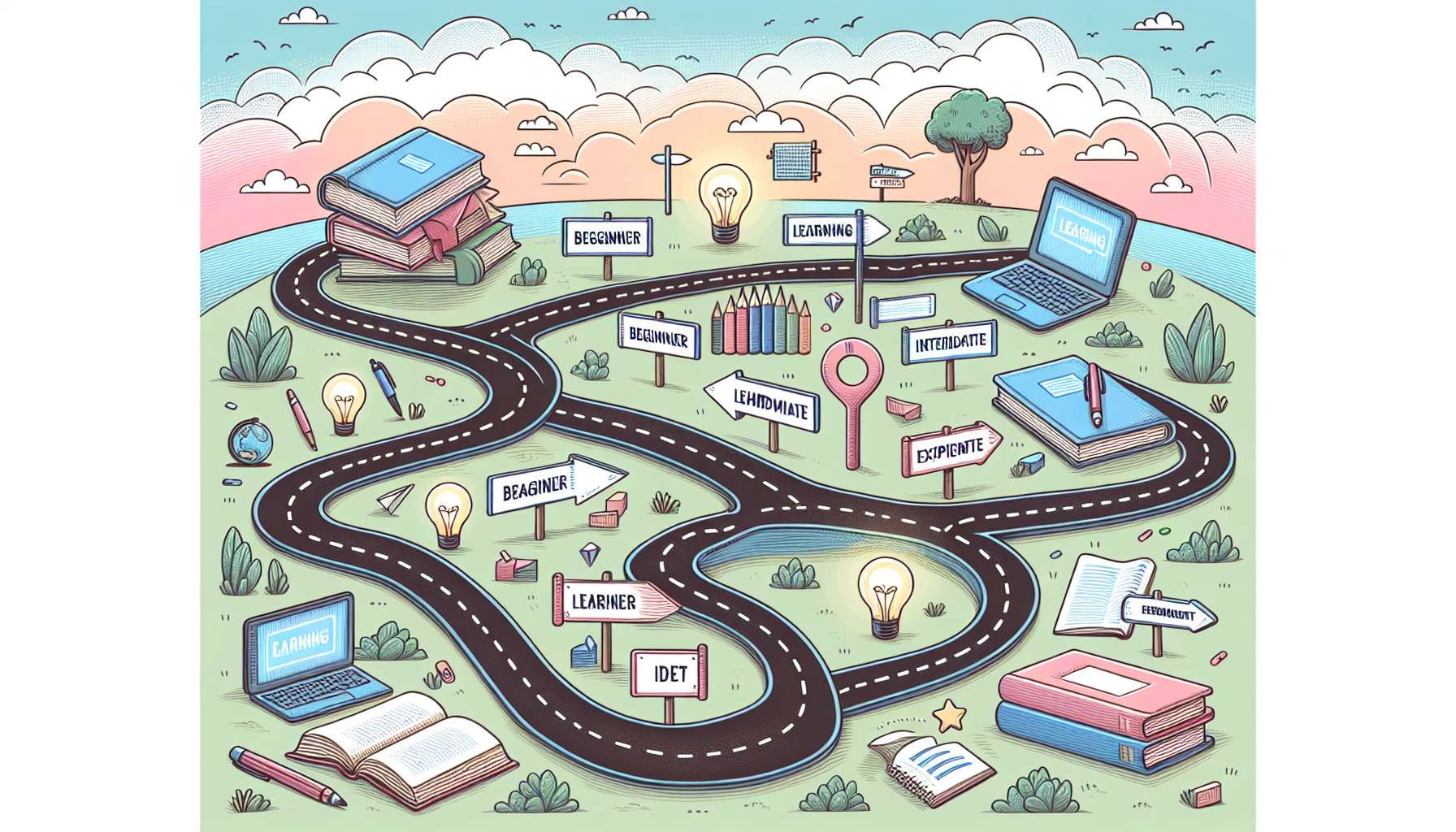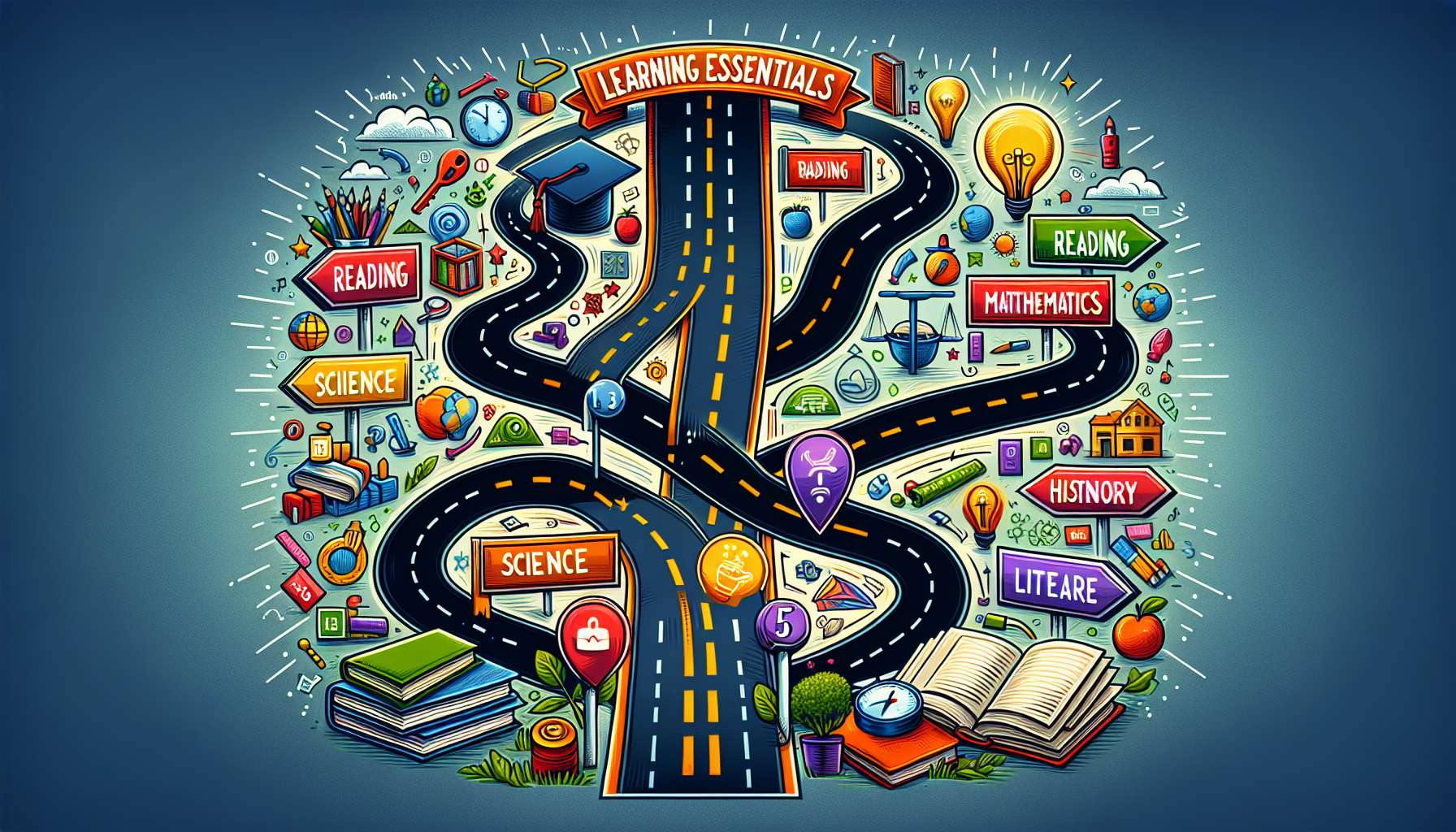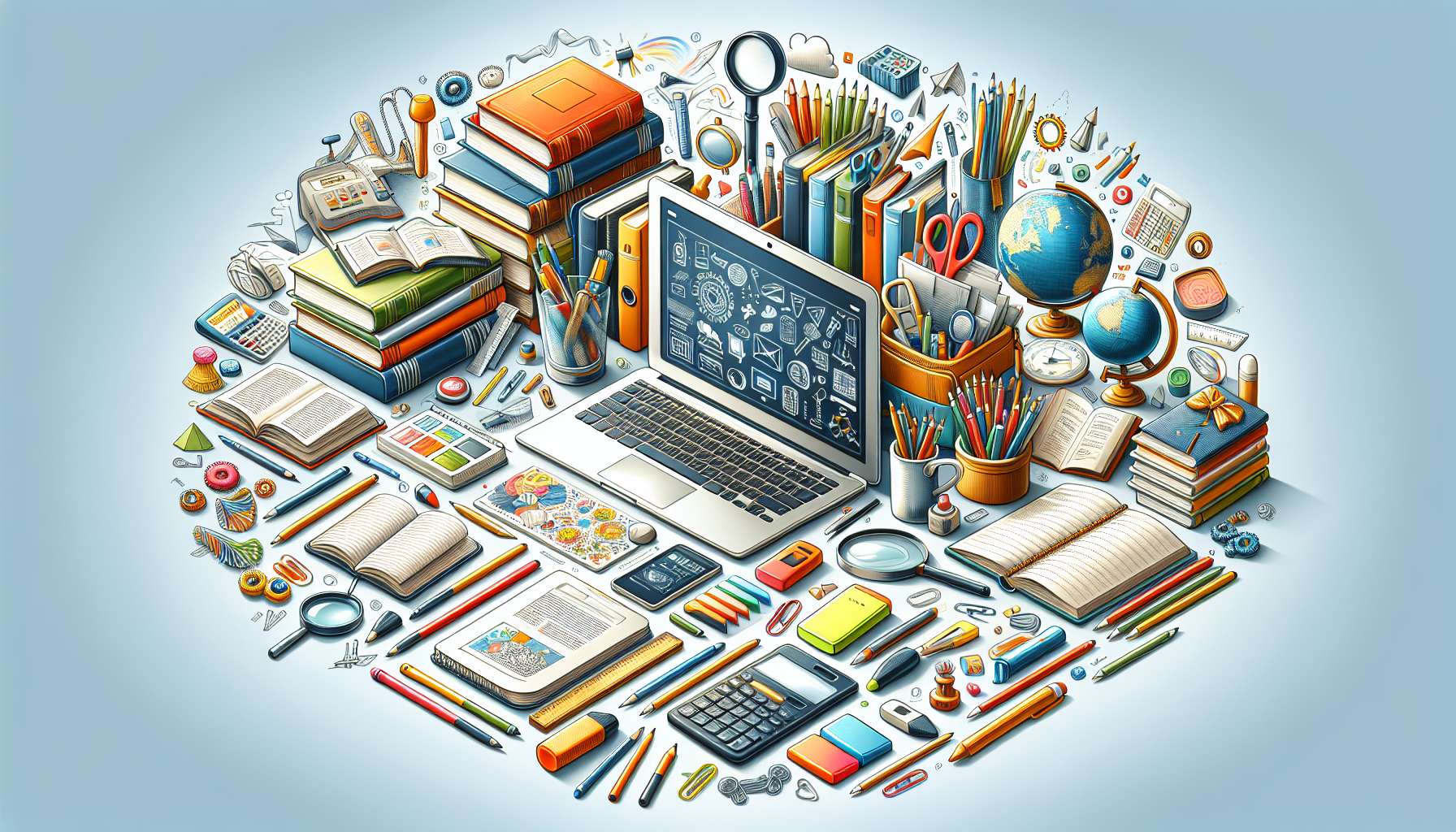Learning Roadmap Essentials: Navigating the Path to Success
Embarking on a journey of learning is a transformative experience that opens doors to endless possibilities. Whether you are a student, a professional looking to upskill, or simply an individual seeking personal growth, having a clear roadmap can make all the difference in your learning journey. In this comprehensive guide, we will delve into the essentials of creating a learning roadmap that will help you navigate the path to success.
The Importance of Learning Roadmaps
Learning roadmaps serve as a strategic guide to help individuals set goals, track progress, and stay motivated throughout their learning journey. By outlining clear objectives, milestones, and resources, a learning roadmap provides a structured approach to learning that enhances efficiency and effectiveness. Whether you are learning a new skill, pursuing a degree, or embarking on a career change, having a roadmap in place can significantly increase your chances of success.
Imagine setting out on a road trip without a map or GPS. You may eventually reach your destination, but the journey will be filled with detours, wrong turns, and unnecessary delays. A learning roadmap acts as your GPS, guiding you through the twists and turns of the learning process, keeping you on track and helping you reach your goals in a timely manner.
Setting Clear Goals
The foundation of any learning roadmap is setting clear and achievable goals. Whether your goal is to learn a new programming language, earn a certification, or master a new instrument, clearly defining what you want to achieve is essential. Goals should be specific, measurable, achievable, relevant, and time-bound (SMART). For example, instead of setting a vague goal like “I want to learn to code,” a SMART goal would be “I will complete an online course in Python programming within three months.”
Setting specific goals not only gives you a clear target to work towards but also helps you measure your progress and stay motivated. When creating your learning roadmap, start by identifying your long-term goals and then break them down into smaller, manageable milestones. This will make your learning journey more manageable and allow you to celebrate small victories along the way.
Identifying Resources
Once you have set your goals, the next step is to identify the resources you will need to achieve them. Resources can include online courses, textbooks, tutorials, mentorship, workshops, or any other tools that will help you acquire the knowledge and skills required to reach your goals. It is essential to research and evaluate different resources to determine which ones align best with your learning style and goals.
When selecting resources, consider factors such as the credibility of the source, the relevance of the content, the level of difficulty, and the feedback from other learners. For example, if you are learning to play the guitar, you may choose to take online lessons from a reputable music school, attend local workshops, or seek guidance from an experienced guitarist. By diversifying your resources, you can gain a well-rounded understanding of the subject and accelerate your learning process.
Creating a Study Plan
With your goals defined and resources in hand, the next step is to create a study plan that outlines how you will allocate your time and effort towards achieving your learning objectives. A study plan helps you stay organized, manage your time effectively, and ensure that you are making consistent progress towards your goals.
When creating a study plan, consider factors such as your daily schedule, learning preferences, and any other commitments you may have. Break down your goals into smaller tasks and assign specific timeframes for completing each task. For example, if your goal is to learn a new language, you can allocate 30 minutes each day for vocabulary practice, grammar exercises, and conversation practice.
Regularly review and adjust your study plan based on your progress and any challenges you may encounter along the way. By staying flexible and adapting your plan as needed, you can ensure that you are on the right track towards achieving your learning goals.
Tracking Progress
Tracking your progress is essential to staying motivated and on target with your learning roadmap. By monitoring your accomplishments, identifying areas for improvement, and celebrating your successes, you can maintain momentum and continue making steady progress towards your goals.
There are various ways to track your progress, such as keeping a learning journal, using a progress tracker app, or setting up regular check-ins with a mentor or accountability partner. By regularly reviewing your progress and reflecting on your learning journey, you can gain valuable insights into your strengths and weaknesses and make necessary adjustments to your roadmap.
Celebrate small wins along the way, such as completing a challenging assignment, mastering a difficult concept, or reaching a milestone ahead of schedule. By acknowledging your achievements, you can stay motivated and inspired to continue pushing yourself towards excellence.
Seeking Feedback and Support
Learning is a collaborative process, and seeking feedback and support from others can significantly enhance your learning experience. Whether it’s getting input from a mentor, participating in study groups, or sharing your progress with friends and family, connecting with others can provide valuable insights, motivation, and encouragement.
When seeking feedback, be open to constructive criticism and different perspectives. Embrace feedback as an opportunity to learn and grow, and use it to refine your skills, deepen your understanding, and overcome challenges. By actively engaging with others in your learning journey, you can build a strong support network that will help you stay motivated and accountable.
Embracing Lifelong Learning
Learning is a lifelong journey that extends far beyond the boundaries of formal education. Embracing a mindset of lifelong learning can open up new opportunities, expand your horizons, and enrich your personal and professional growth. By continually seeking new knowledge, skills, and experiences, you can stay relevant, adaptable, and resilient in an ever-changing world.
As you progress on your learning roadmap, remember that learning is not just about acquiring information but also about developing critical thinking, problem-solving, and creativity. Stay curious, explore new interests, and challenge yourself to step out of your comfort zone. By embracing lifelong learning, you can unlock your full potential and lead a fulfilling and purposeful life.
Conclusion
To wrap things up, creating a learning roadmap is essential for achieving your learning goals, staying motivated, and navigating the path to success. By setting clear goals, identifying resources, creating a study plan, tracking progress, seeking feedback, and embracing lifelong learning, you can embark on a transformative learning journey that will empower you to reach new heights of personal and professional growth.
Remember that learning is a continuous process that requires dedication, perseverance, and a growth mindset. By following the essential principles of learning roadmaps outlined in this guide, you can navigate the complexities of the learning process with confidence and clarity. So, embark on your learning journey today, armed with a clear roadmap and a spirit of curiosity and determination, and watch as your potential unfolds before you.




